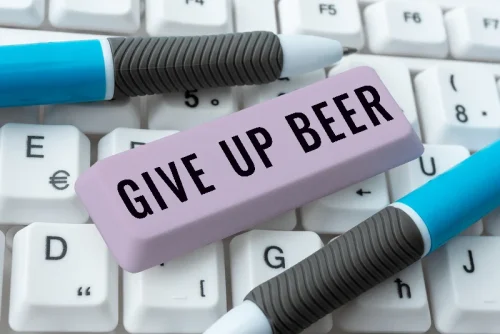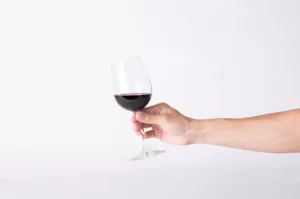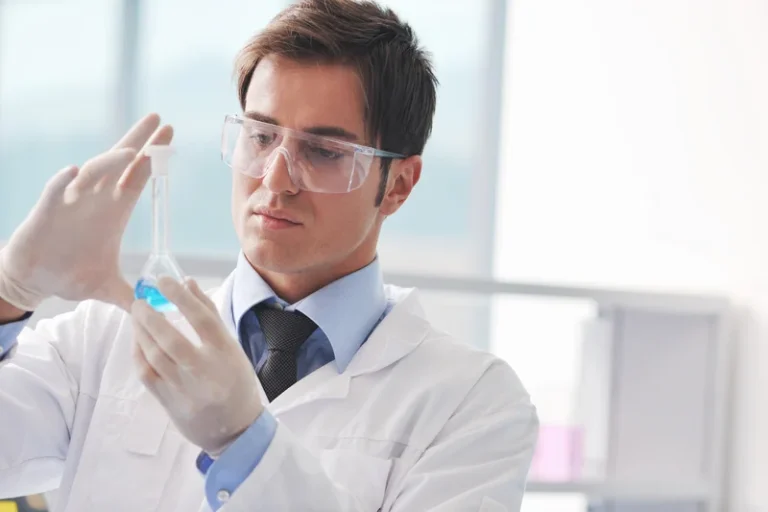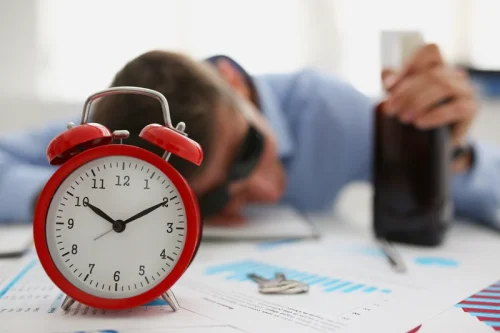
Research shows alcohol consumption can affect sleep even if you stop drinking six hours before bed. Benzodiazepines may help sleep problems during withdrawal, which can help you avoid relapse. But they may not be prescribed beyond this as there’s a risk of side effects like withdrawal, rebound insomnia, addiction, and overdose when mixed with alcohol. Additionally, your gastrointestinal tract or stomach does not react well to alcohol, so drinking can increase your chance of developing ulcers, which can perforate and cause gastritis. Alcohol can also cause an increase in blood pressure, particularly if you are struggling everyday to detoxify yourself. So along with feeling bad, you are putting yourself at further risk of a cardiac event or a stroke, particularly as you get older.
How to Fall Asleep Without Drinking Alcohol
In other cases, long-term alcohol exposure can increase a person’s risk of developing a psychiatric illness. For many professionals, stress and pressure is a common part of the working environment. The mix of poor sleep patterns and alcohol dependency can often blur the line between work and personal life, amplifying the stress.

New Study Shows Insomnia More Common in COVID-19 Survivors
Alcohol can cause insomnia — or sleep problems that look like insomnia — in a few different ways. It can fragment your sleep, so you wake up more often in the night, suppress the sleep hormone melatonin, and alter your sleep stages. RISE can tell you when to do 20+ sleep hygiene habits at the right time for your body clock to make them even more effective.
- Alcohol had been hosting one of the most attended shows for years and, suddenly, it’s gone.
- For light or moderate drinking, you might experience a more temporary, mild effect on mood.
- Depending on how much alcohol is consumed, however, what seems like falling asleep may be something closer to passing out.
Week one: Increased energy, reduced calories, better sleep

Once you experience the benefits of an alcohol-free January, maybe you’ll make it a dry February and beyond. Bradley’s substitute of choice is water, and 21% of respondents also sleep without alcohol say it is their go-to non-alcoholic drink. Mocktails are much less popular among respondents (4%) but are becoming more widely available at stores and are easy to order at bars.
These include breathing exercises, visualization exercises and progressive muscle relaxation. Doctors have found that on its own, alcohol can narrow your upper airway and lead to sleep apnea problems, even if you have never had them before. Studies have shown that when you get up the next day, you may be less alert because of your drinking the night before, even though you no longer have alcohol left in your body. At the beginning of the NREM cycle, within seconds to just a few minutes after nodding off, alpha and theta brain waves cause eye movement to slow down. This is a stage of light sleep where the individual can be easily woken. The more sleep debt you have, the worse your energy, mood, and productivity will be.
- There are various complementary therapies available to ensure you don’t have to switch trouble sleeping without alcohol to issues sleeping without medication.
- As we bid goodbye to alcohol, our bodies fight to restore equilibrium.
- For example, damaging your liver is like scratching the back of your hand with your nail constantly until you break the skin.
- You might also want to cut down on the number of nights you drink to give your body more chances of getting a good night of alcohol-free sleep.
Greener Streets and Water Views May Improve Sleep
Sleepwalking can lead to injuries, disrupt sleep, and leave a person feeling fatigued and not well-rested after waking. Alcohol consumption can lead to worsened snoring and induce sleep apnea, which prevents oxygen from reaching the body during sleep. Researchers believe the link between insomnia and alcohol consumption to be bidirectional, meaning that each contributes to the other. Older research suggests the effects on REM sleep appear to be dose related. Low and moderate doses of alcohol tend not to affect REM in the first half of sleep, while high doses of alcohol significantly reduce REM sleep reduction in the first part of sleep. One of the unexpected benefits of giving up alcohol is that you may find yourself more productive than before.
Latest Updates: Daylight Saving Time in 2024

Your risk of developing cancer will decrease, and your liver function will have greatly improved. This is usually when people start to feel their best after giving up alcohol. By this point, most physical withdrawal symptoms should have subsided and you should start to feel less anxious and more positive. If you have decided that it is time to stop or reduce your alcohol consumption, knowing what happens to your body when you stop drinking can give you a better idea of what to expect.

Avoid Heavy Meals Late in the Evening
Anyone experiencing insomnia should speak with a doctor to learn more about what treatments may work best for them. A 2019 study showed that individuals who sleep for under 6 hours https://ecosoberhouse.com/article/recommended-vitamins-for-recovering-alcoholics/ each night have a 20% higher chance of heart attack than individuals who sleep between 6 and 9 hours. Consuming certain substances, such as alcohol, can disrupt sleep schedules.


